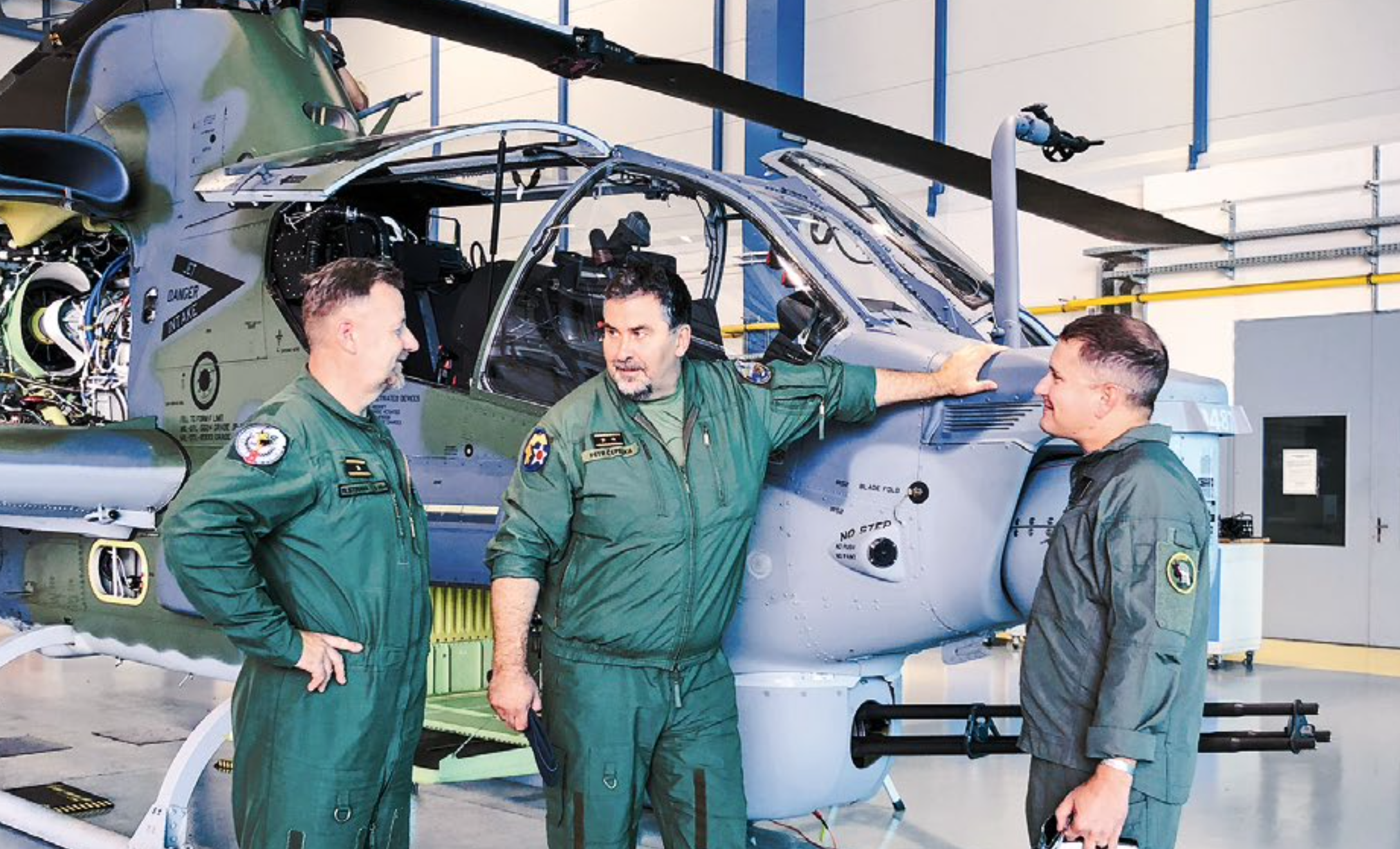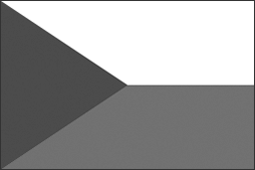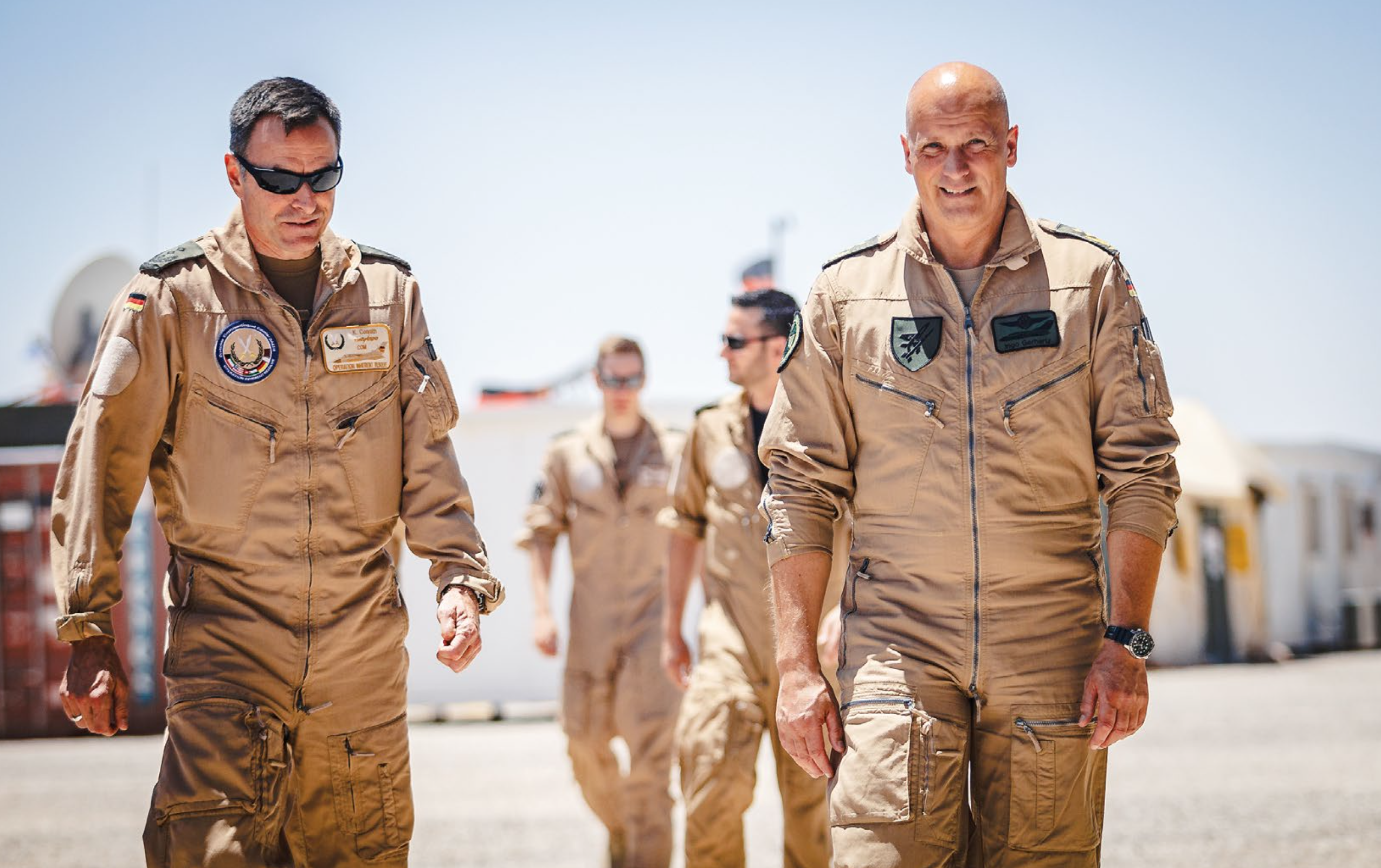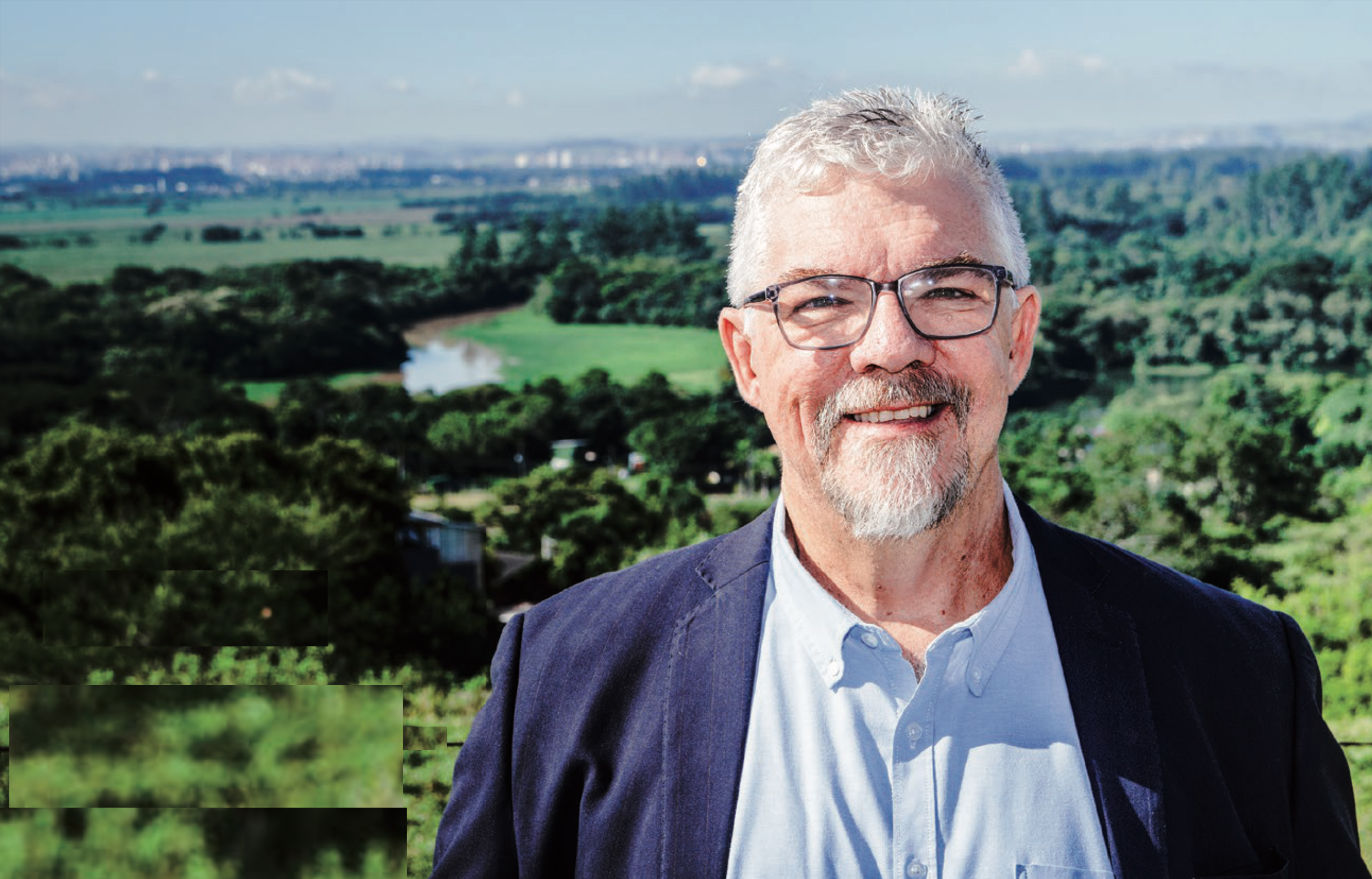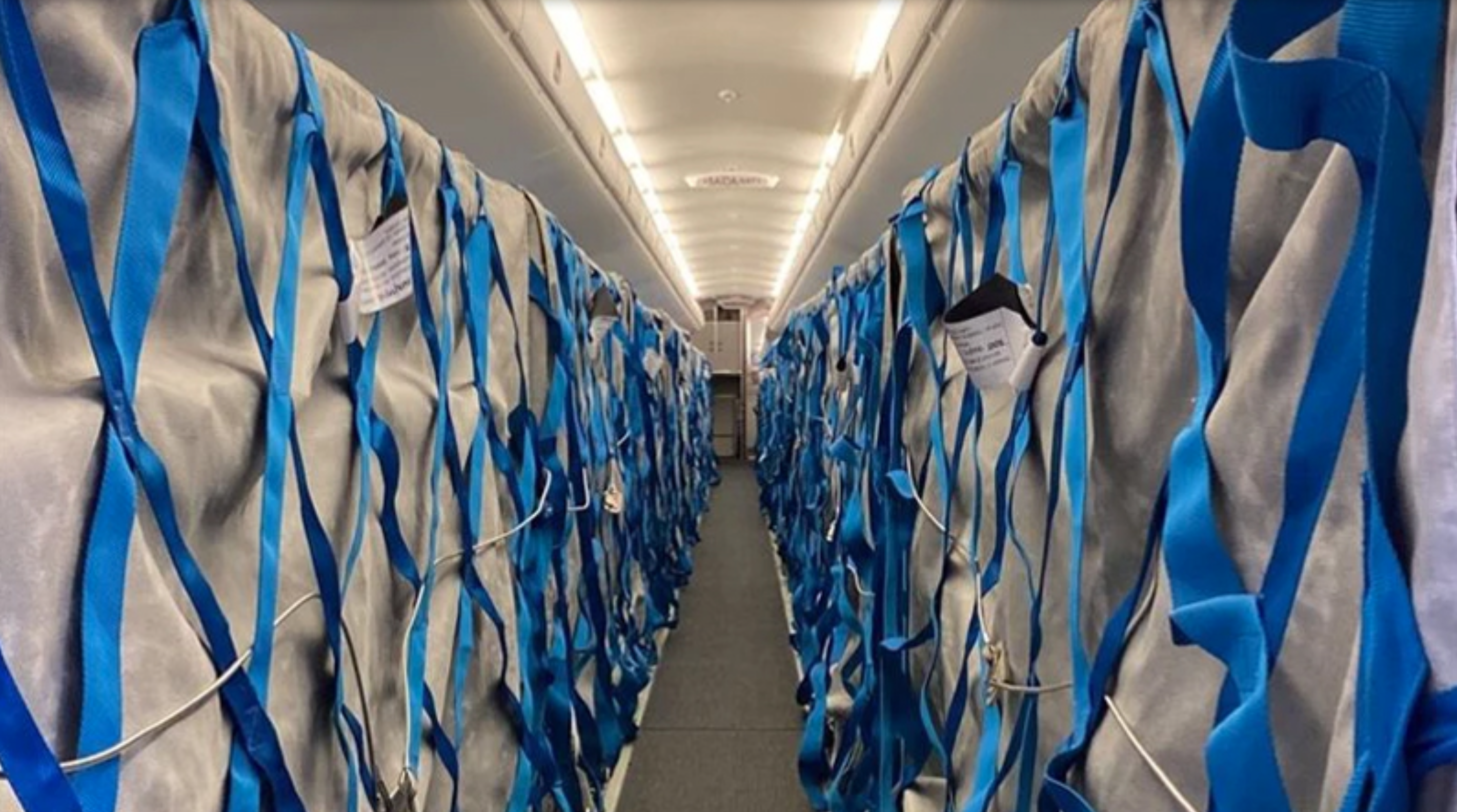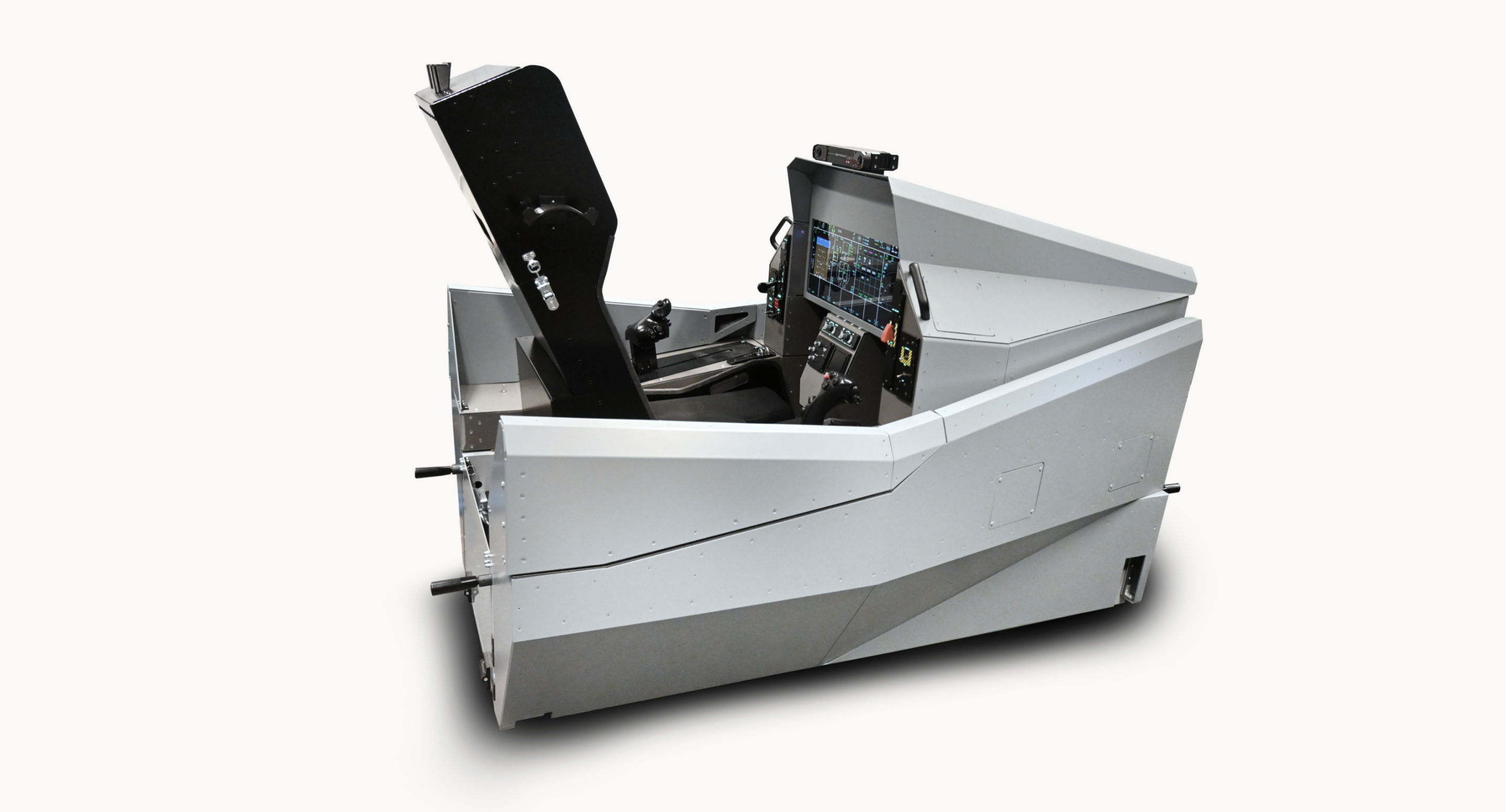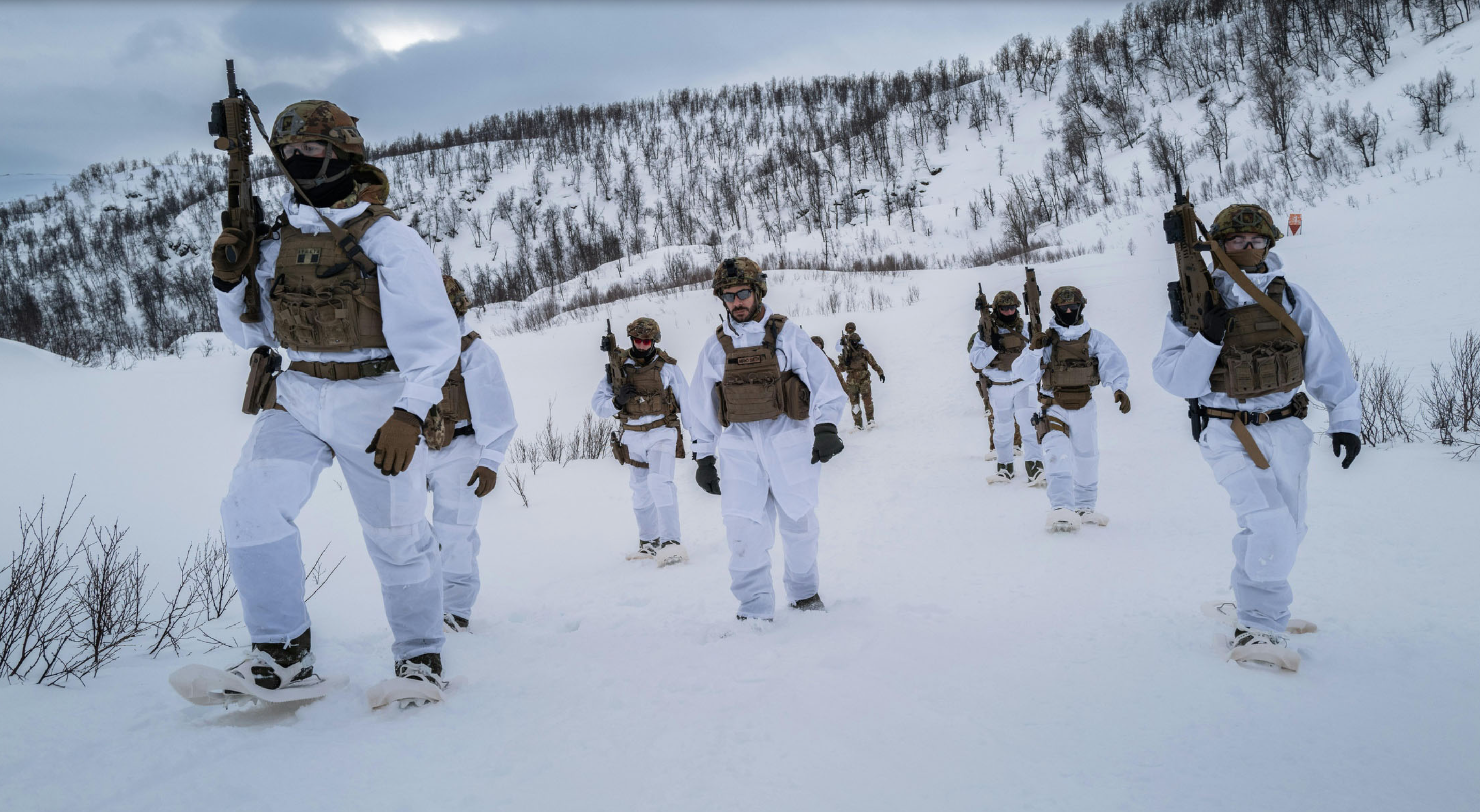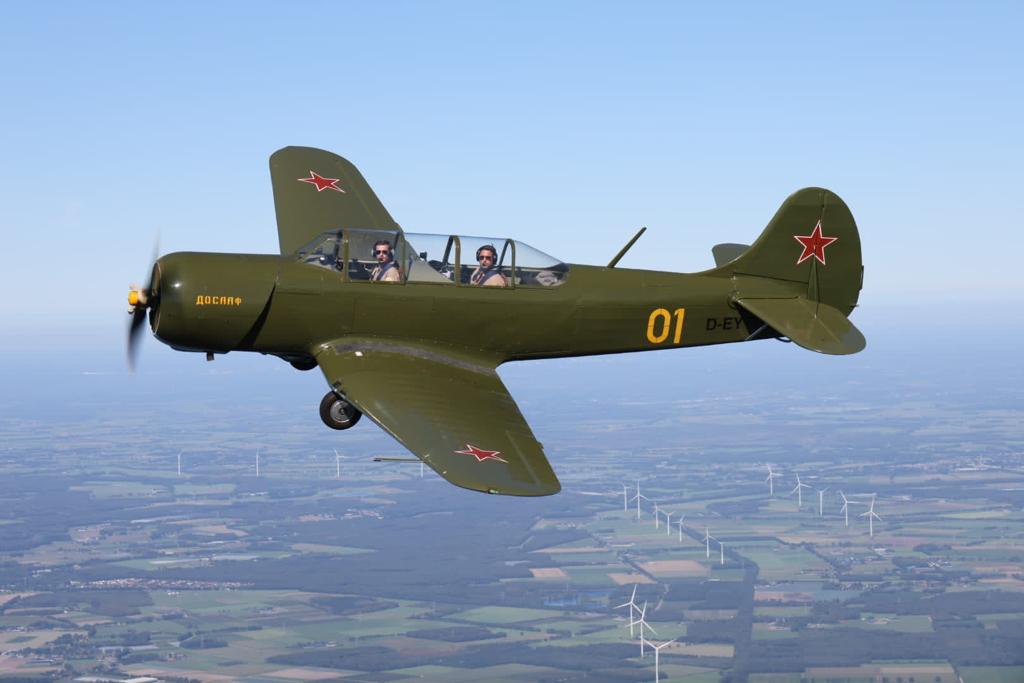Interview with Laurent Donnet, SkyTech VP Business Development
One of the hot topics in the military world that has been expanding after NATO intervention in Afghanistan is pooling and sharing of non-core but still key capabilities. This is accompanied by commercialisation of military capabilities and wide-ranging outsourcing of capabilities performed previously solely by military organisations. Portugal-based SkyTech is a typical example of a new company responding to new needs.

Interviewed by: Jakub Fojtík
For many Czechs, your company became visible following the Farnborough Air Show 2017, where you officially revealed the plans to buy the Aero L-39NGs for your training needs. But this was obviously not the first step. How did SkyTech start its business?
SkyTech looked at many options and certainly the first was to look where the EU shortfalls were. EU and NATO Air Forces lack a lot of capabilities and increasingly tend to outsource non-core but still essential ones. SkyTech opened its portfolio to 3 or 4 domains. In the arena of Jet Pilot Training we first started at the advanced training level, but then as 2018 began to unfold, we quickly realised that there was an opportunity where the L-39NG was a perfect fit.
What services does SkyTech provide?
For the moment, we provide wide-body strategic passenger and cargo transportation and medical evacuation. In the near future, we will add to this military flight training, Air-to-Air Refuelling (AAR) as well as small & medium size airlift.
Can you mention any of your current projects and their benefits for the operators?
We are preparing a jet pilot training project that will allow nations to train their students on recent jets. Today, not enough modern aircraft are available for training and some Air Forces are desperately looking for robust solutions in the short term. Another project concerns paratrooper training – here the requirement comes mainly from the Armies. Indeed, nations decided to replace their older fleets of C-130 and C-160 aircraft with larger ones such as the A400M, C-17 and A330 MRTT. Although this represents a serious capacity increase, less aircraft are available and at the same time this makes smaller support less cost-effective. Hence, providing hours of smaller size aircraft for paratrooper support or regional transportation makes sense.
You also advertise some high-end services such as air-to-air refuelling, which until recently had hardly ever been provided by commercial entities. What was the reason for deciding to enter this new market sector?
There is already a single commercial AAR provider named Omega Air. That company has already been in this business for fifteen years. Since the AAR shortfall becomes critical in a lot of NATO nations, including the US, there are enough market opportunities to have more commercial providers.
Being a very small company, you have launched major acquisition programmes exceeding, in terms of their size, the possibilities of many air forces. How is this possible?
Our parent company, Hifly, has been in this business for more than a decade and investors as well as customers see an increased stability, peaking this year with the acquisition of two A380s. Since SkyTech utilises certain parts of Hifly’s business model, this gives trust to investors, which will cascade to customers.
Why do you believe the concept of lease, known from the commercial sector, will also work in the military area? What is the main driver for governmental operators to select your services and how do you want to overcome the “conservative” approach of many states which prefer to “own rather than owe”?
Air Forces are in a difficult situation today. They are having very expensive acquisition programmes (fighter replacement, A400M, A330 MRTT, KC-46A, etc.) on which most of their capital expenditure is spent. This precludes them to invest in other capabilities that might be less critical but still essential. At the same time, most of our Air Forces are faced with a huge human resources problem, in critical areas such as aircrew and maintenance operators. This leads to the situation when they will almost be forced to outsource some of their capabilities, which we already have identified.
Can you tell us a little bit more about the key people in your company and their experience?
Our President, Paulo Mirpuri, who is also the President of Hifly, has accumulated over the last 28 years a wealth of expertise in the aviation industry, including aircraft trading, handling and maintenance. Mal Sandford, our Senior Vice President has over 40 years of experience in civil aviation and has spent the last 12 years managing the interface of civilian and military defence operations during major wars and conflicts. I work as a defence expert. As a fighter pilot, I have more than 30 years of experience in military aviation and have also worked for seven years in the European Defence Agency in the capability development domain. Finally, André Amaral, our Business Analyst has spent over six years based in the centre of London’s financial institutions.
With 10 L-39NGs on order you will be the largest operator as of now. Why did you select the L-39NG aircraft and what will be its role in your training concept?
First of all, we will acquire the aircraft but not necessarily operate them. Our main training concept is to lease the L-39NG, the maintenance and the ground based training systems to nations who will use them for training. Of course, if some customers would like to have a full service, i.e. instructor pilots, syllabi and all support needed, we will also be able to provide that, but often a full approach frightens air forces. We selected the L-39NG because it is an extremely cost-efficient aircraft that has proven to be top of its class.
What are the plans in general in the training area? Obviously, the training aircraft itself provides little value and needs infrastructure, instructors, syllabuses, military aviation authority approvals, air space… Do you want to compete with existing training centres in Canada, Italy and other countries, or is your way of operation different?
As I said, the first option will be to provide the L-39NG to nations having infrastructure and everything except access to aircraft. For the rest, we will not be competing with existing schools because the need for jet trainers is large and current demand far exceeds supply.
How do you see the military jet training developing in the future? With the fifth-generation fighters in some countries, some experts predict an even higher demand for training fleets with the requirement to replicate the majority of fighters´ functionalities in training jets in order to reduce the hours spent on extra expensive fighters.
Simulation and especially Live, Virtual and Constructive ones will definitely be the future. And as you mentioned, if there are much cheaper trainer aircraft around that can replicate the front-line fighter’s functionalities it will be a huge cost saver. In addition, it allows to keep more aircraft available for operations.
Are you also focused on less advanced air forces for whom the acquisition of a fourth-generation fighter is yet to come, or do you want to provide services for countries with minimal fleet standards?
At SkyTech we have a skill-based approach tailored to the customer. Whoever is knocking at our door will be provided a custom fit training programme. The only requirements we have is that nations fly the aircraft as directed by the OEM and adhere to a tight flight schedule that makes the business model very cost-effective.
Since you have announced the acquisition of up to six KC-390 aircraft, what are the plans with those? Is this something to supplement or replace the NATO SALIS programme or boost the EATF partnership? Or does it go its own way out of those international structures?
The approach is very similar to the one for the L-39NG. Dry lease but more if requested. SkyTech knows the military airlift domain very well and identified the KC-390 as the right aircraft at the right time. We see an increase in specific airlift requirements in many EU and NATO nations, but also beyond. In addition, the KC-390 having a lot of advanced equipment on board, will be able to perform a plethora of new missions an airlifter was not able to provide before.
With all projects focused on governmental operators, the harmonisation of military aviation standards may be of key importance. What do the upcoming EMAR rules mean for you? Will they help you?
The European Military Airworthiness Regulations are especially helping the military operators. They were developed by the European Defence Agency to increase the cooperation amongst nations. Once implemented in the national airworthiness regulations, these EMARs allow common processes in the areas of certification, maintenance, licensing and continuing airworthiness. This harmonization is exactly what is needed for an efficient leasing of aircraft amongst several nations, i.e. for what SkyTech is looking to provide.
How do you see the market developing over the next 10 years and how do you see your competition, if there is any?
We have a very specific vision for the market in the medium term at SkyTech, but this is part of our business plan and is therefore not to be shared. What I can say, though, is that we look at a longer horizon than 10 years and that our investors are following us.
What are the areas of future SkyTech growth?
SkyTech is looking at implementing its model in the military aviation areas of training and support. Everything that falls into that perimeter is subject to a project.
Do you know any Czech aviation companies other than Aero?
Besides Aero, I know Zlin and Czech Airlines. But I suppose there are more….
What do you think of the Czech aviation industry in general?
From what I have seen until now, it is very professional, passionate and extremely cost-effective.
What are the services you want to promote to the Czech Air Force?
I will turn the question to the Air Force… What do you need?
Photo: author, Airbus, Hi Fly

